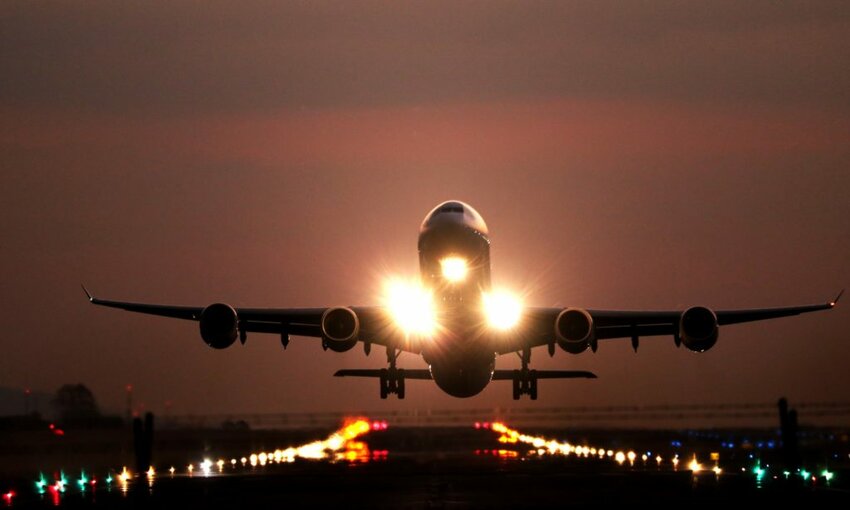 (Photo Credit: Josue Isai Ramos Figueroa, Unsplash)[/caption]
(Photo Credit: Josue Isai Ramos Figueroa, Unsplash)[/caption] As the novel coronavirus covid-19 wreaks havoc on the global airline industry, airlines’ emissions reductions strategies may be affected as well.
The International Air Transport Association (IATA), which represents around 290 airlines that comprise 82% of global air traffic, estimated on March 5 that the covid-19 crisis could wipe out around $113 billion of revenue. Given this financial pressure and an increase in travel restrictions, some airlines are pushing back against proposed environmental taxes meant to address the industry’s carbon dioxide emissions.
“In view of the coronavirus outbreak, we are asking governments to suspend the introduction of new flight taxes,” Air France-KLM chief executive Benjamin Smith said on Tuesday at a conference in Brussels, the New York Times reported. Ryanair chief Michael O’Leary also pushed back against plans to tax flights. Last fall he was a vocal critic of the no-fly movement.
The novel coronavirus could also affect carbon offsets that airline previously announced, the New York Times journalists pointed out. “While airlines are not publicly saying that they are reconsidering those plans, observers warn that those investments could falter as airlines struggle for financial survival.”
Lower oil prices paired with financial pressure may remove some of the main drivers for developing more efficient aircraft and alternative jet fuels. Delta and JetBlue are among the airlines that have been working on increasing the use of sustainable aviation fuel.
“This is the kind of blip that the industry has repeatedly experienced over the last two decades,” Andrew Murphy, aviation manager at the campaign group Transport & Environment, told the New York Times. “Whether it’s a financial crisis or terrorist attacks, reductions in air travel tend to be temporary and then bounce back.”
Tomorrow, the UN’s International Civil Aviation Organization is set to decide whether — and how — to keep pursuing its plan for member countries called the Carbon Offsetting and Reduction Scheme for International Aviation (CORSIA), Fast Company reported.
That plan, first adopted in 2016, aims to keep international aviation emissions the same from 2020 onward. However, covid-19 could present problems for CORSIA. “If 2020 is an unusually low year for airline emissions — as it is very likely to be, because of the coronavirus scare — that could significantly increase the costs to airlines in future years if travel bounces back to traditional levels,” according to the New York Times.